Business owners on Skye claim they are having to limit their opening hours due ongoing issues finding staff.
A lack of accommodation, Brexit and Covid have been blamed for the problem, with hospitality bosses reducing their services and opening hours to keep their business going.
With no end in sight to the problem, they say visitors will have to make do with less, and that the crisis is so extreme that the government may need to step in.
Figures from before the pandemic show that Skye welcomes more than 700,00 visitors each year – and in 2019 they contributed more than £211 million to the local economy.
Stuart Jackson, who has been the owner of The Lower Deck since 2007, said that he is struggling to find staff – meaning he can only open four or five evenings a week.
Not enough staff
Before the pandemic, and Brexit he was able to open seven days a week – both lunchtimes and evenings. He has 32 tables in his Portree harbour restaurant.
He said: “At the moment we simply do not have enough staff to make it work. If it wasn’t for former workers and family members helping me out we would not be open at all.
“There are a whole host of reasons – but they include lack of accommodation. More than ever people are buying up or using properties for AirBnB.
“99.9% of people who reply to job adverts are not from here and need somewhere to stay.
“But it is not just restaurants, it is accommodation, parking, lack of public toilets. So many people want to come, but what is their experience?”
He warned of a brewing crisis, partly due to the “lack of investment in Skye” – despite it being the second most visited place in Scotland.
“The real crisis will be decreased income,” he said.
“In the longer term, the next two, three or four years, the message will get through to visitors and the numbers will begin to decrease.
“It will be dog eat dog, and the strongest will survive. That means it will be chain hotels who can provide accommodation for staff, and can become an approved sponsor for workers.
“The government needs to step in because this is not going to get better on its own.”
Mr Jackson describes a “Covid hangover” where people who worked in the hospitality industry stepped away due to the hostility they suffered while trying to enforce restrictions.
Visitors will struggle to get somewhere to eat
“It was a real struggle to get people to obey the rules set down by the government,” he said. “Workers just became scunnered because people would not stick to the rules that they were being asked to enforce.”
John Gordon, who manages An Talla Mor in Portree, also said he is having to “combine” staff to make his rotas work.
He said: “Like every establishment in Portree we are still struggling with staff and for that reason we are having to close for a few days so that we can combine the staff we have to enable us to open at the weekend.
“Our priority is staff welfare and we can not burn them out before season even starts. ”
John Coghill, the owner of the Hebridean Inn at Harrapool on Skye, said: “We have now reduced the number of people we serve because we want them to have the best possible experience.
“On Skye it seems as though there are more bed nights for visitors than there are restaurant seats – so that means that people come and stay, but struggle to get anywhere to eat.
“It is hard and getting even harder to run a restaurant, because of a whole series of things like Brexit, Covid, cost-of-living crisis and staff accommodation.”
‘Many’ reasons for shortages
John Finlayson, chairman of the Skye and Lochalsh area committee, said: “There appears to be a number of staffing issues across Skye in terms of staff to work in tourism businesses of all kind.
“Many reasons are being given for the shortage and clearly things like Brexit are a contributory factor as well as the increased demand for staff with hotels, restaurants, holiday lets, pods all needing staff of different kinds.”
He continued: “There are also of course issues with housing staff as housing is at a premium on Skye and I have also heard that while historically many businesses had dedicated staff quarters these have decreased in numbers over recent times as space as been used for guest accommodation which of course then creates an added pressure.”
Cabinet secretary for wellbeing economy Neil Gray said: “The Scottish Government is aware of the enormous pressures facing businesses, and is taking decisive steps to offer support.
“This includes facing recruitment challenges because of the damaging consequences of Brexit so we are continuing to call on UK Ministers to establish a joint taskforce on labour market shortages.
“An urgent rethink of UK Government immigration policy is needed so there is increased access to the international labour and skills that Scotland needs for our economy and communities to flourish.
He continued: “With devolved powers on migration, Scotland could boost its workforce and tackle the recruitment challenges, many of which have been caused by the end of free movement and the hard Brexit imposed on Scotland by the UK Government.
“Plans to enable councils to raise the amount of council tax paid on empty and second homes will be included in a new consultation to help increase housing availability. The proposed change would bring second homes into line with long-term empty homes from next year.
“Local authorities have powers to vary or remove the council tax discount on second homes and to double rates for those that are empty long term. We have also increased Land and Buildings Transaction Tax Additional Dwelling Supplement to 4% of the total purchase price for any additional home worth £40,000 or over, to support first-time buyers and home-movers by helping them compete with buy-to-let investors or those buying second homes.
“Good quality housing is essential to attract and retain people in Scotland’s remote and rural communities and we have committed to delivering 110,000 affordable homes across Scotland by 2032, with at least 10% of these in our remote, rural and island areas, including through our Rural Housing Fund. We are also developing a Remote, Rural and Islands Housing Action Plan to bolster this work.”
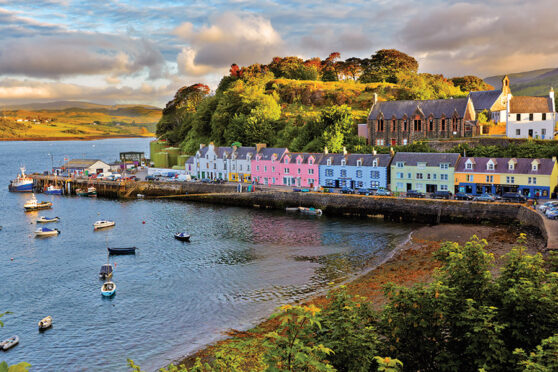
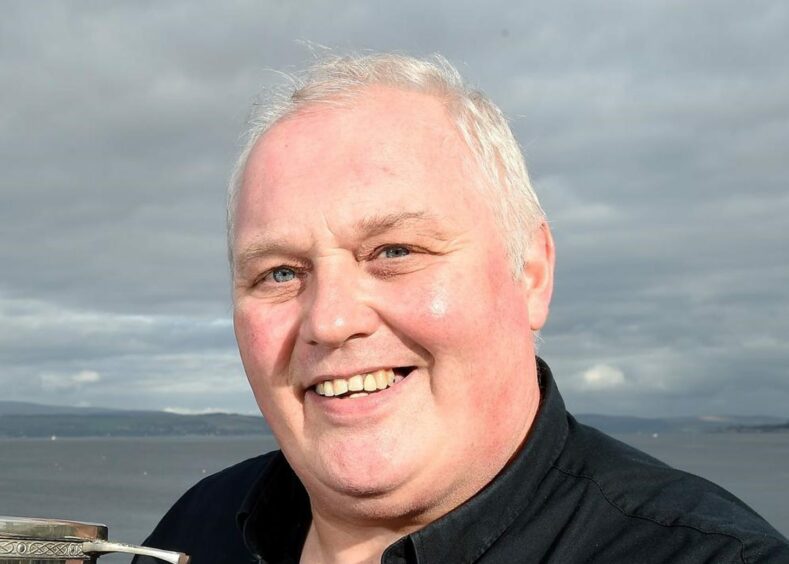
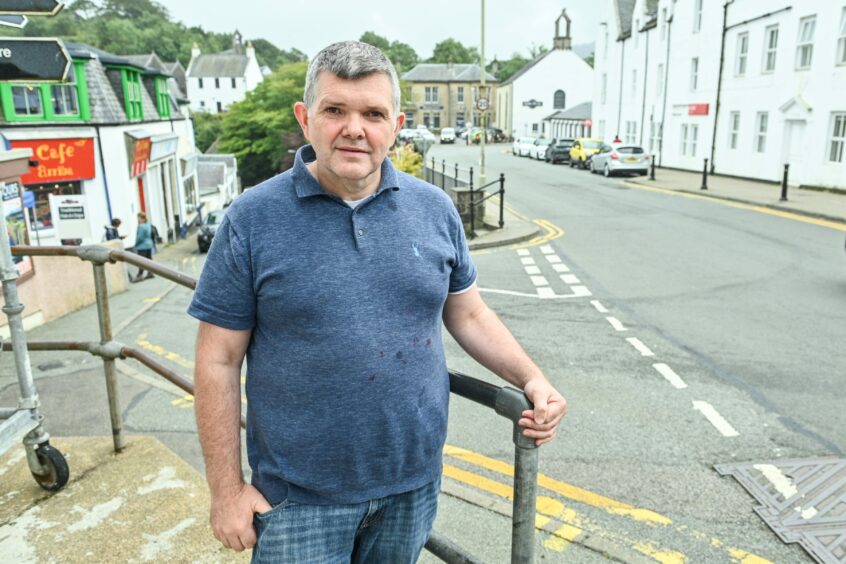
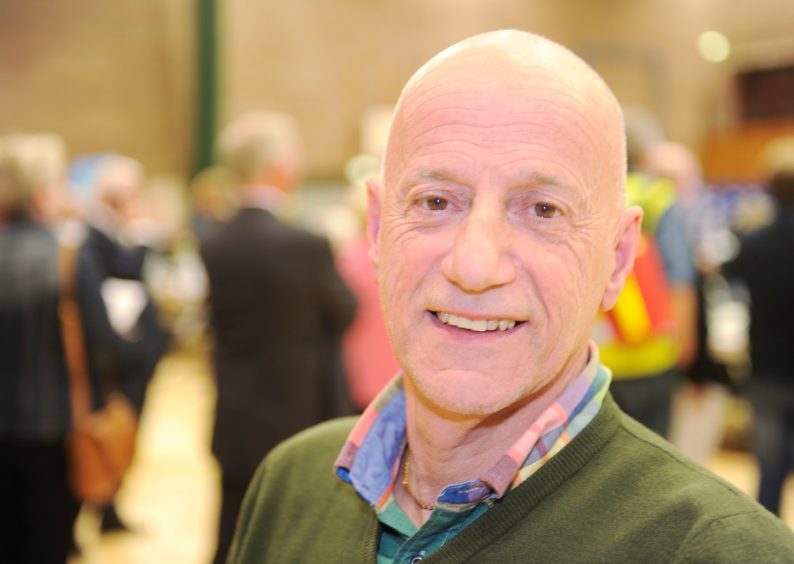
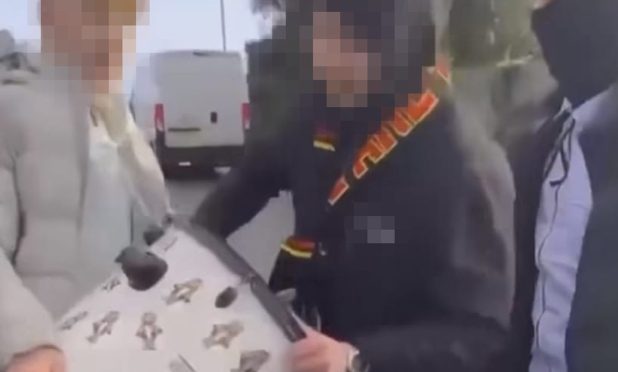
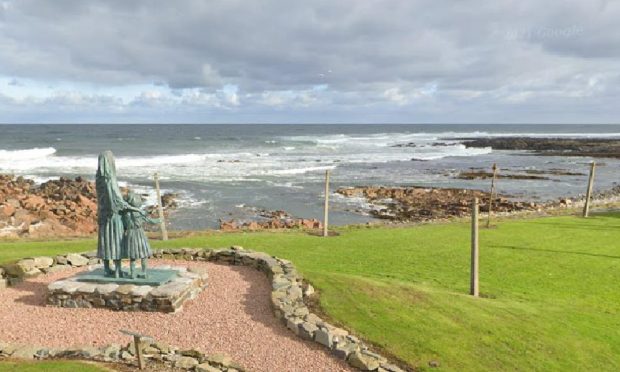
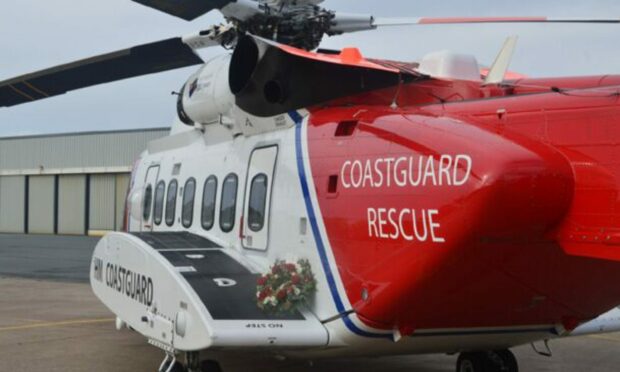
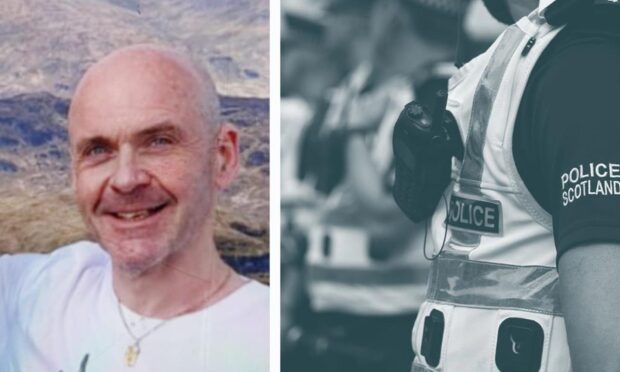
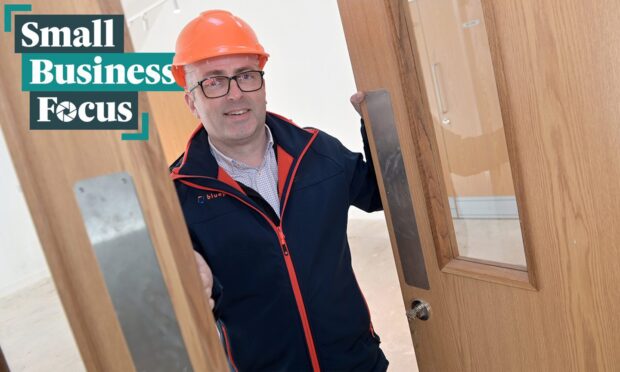
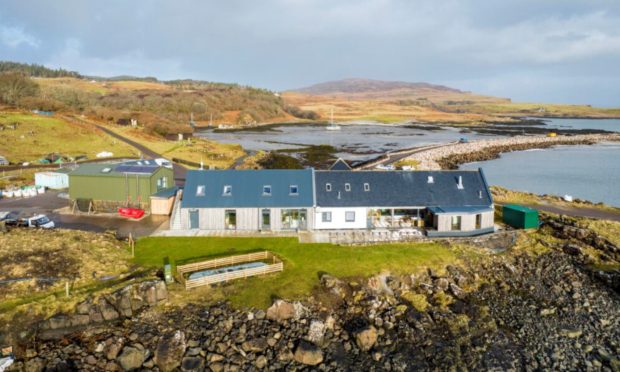
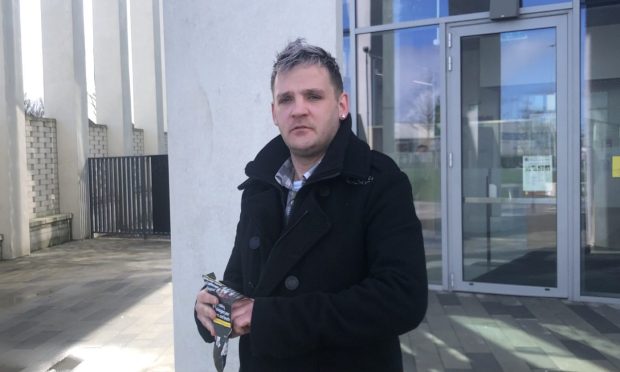
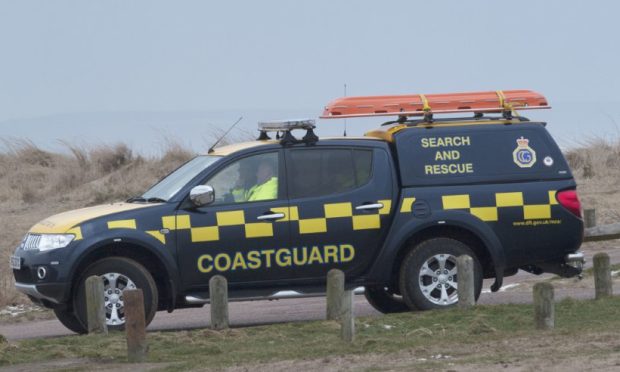


Conversation